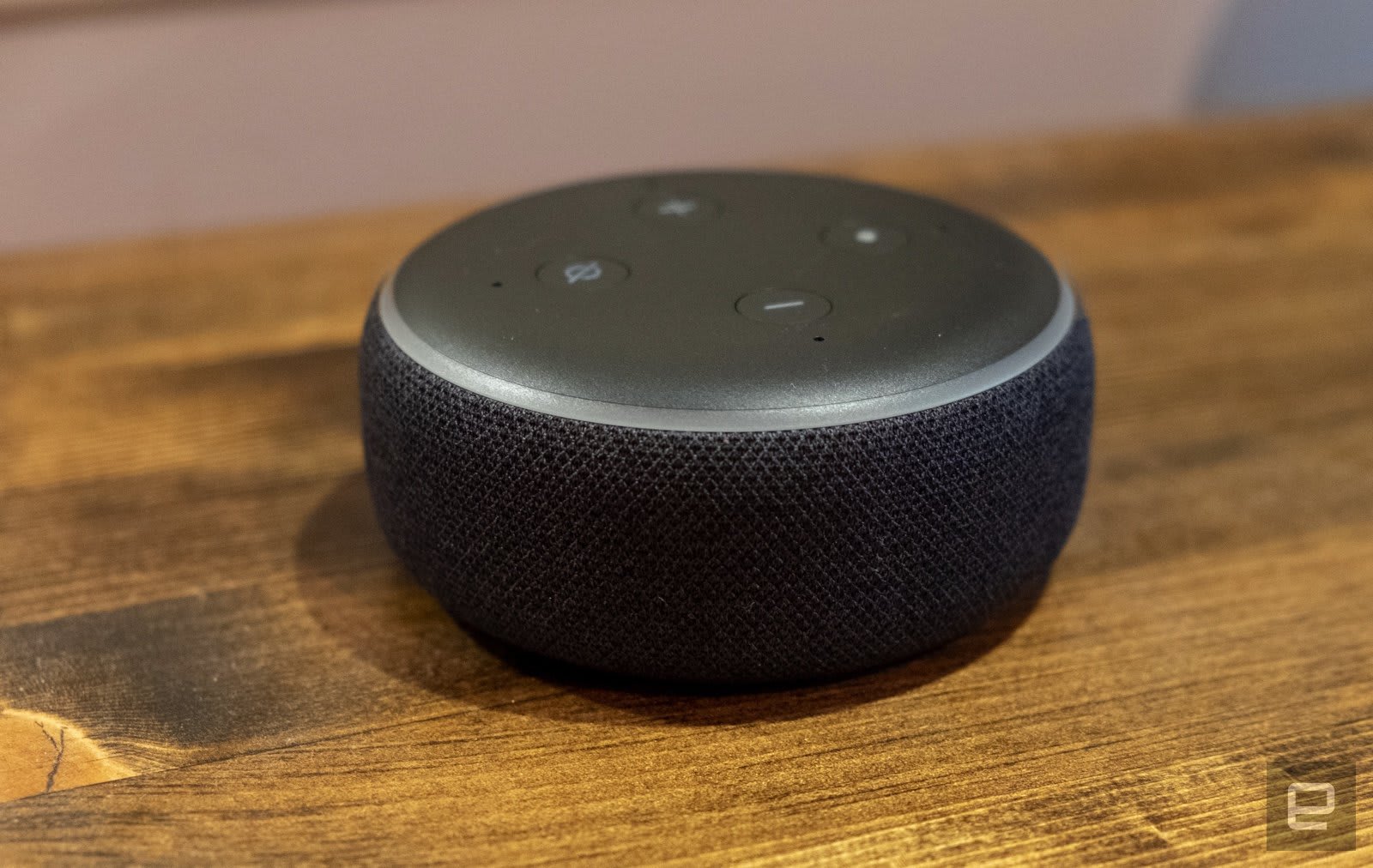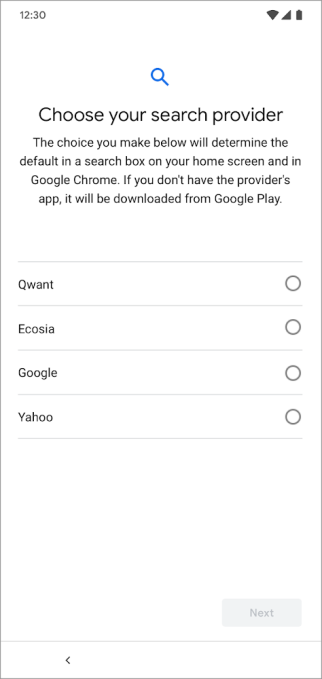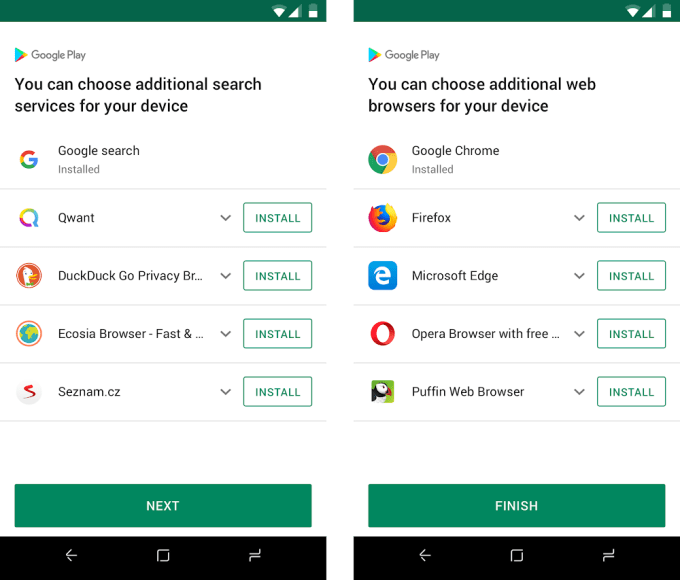
The age of Wi-Fi 6 is just beginning. So how much faster will those transmissions be?
We're at the very beginning of the Wi-Fi 6 era, and new, next-gen routers capable of putting 802.11ax's upgraded features to work are already up for sale. It's early, though. Despite the fact that Wi-Fi 6 routers are backward-compatible with previous-gen Wi-Fi devices, they won't be able to do much of anything to speed them up. For that, you'll need new devices that support Wi-Fi 6, too -- and hardly any are currently available.
That also means that it'll be a while before we're really able to test out Wi-Fi 6's claims of being much, much better at connecting with lots and lots of devices at once. Ultimately, that might mean faster Wi-Fi at places like airports and stadiums, but we're probably a few years away from feeling the full impact.
Still, that hasn't stopped us from wondering just how fast Wi-Fi 6 top speeds will ultimately be once new hardware gets here. Early estimates describe those top Wi-Fi 6 transfer speeds as 30% faster than the top Wi-Fi 5 transfer speeds. Sure enough, a quick look at the specs on a new Wi-Fi 6 router like the Netgear Nighthawk AX12 pegs the top speed on the 2.4GHz band at 1.2 gigabits per second, which is right around 30% faster than the fastest Wi-Fi 5 speeds we've tested here at CNET.
The Killer 1650x Wi-Fi 6 module works with select PCs, and is available now on Amazon for $35.
Rivet NetworksAnd, while it's true that there aren't many Wi-Fi 6 client devices available yet, that doesn't mean that there aren't any. In fact, if you've got the right kind of computer, you can get a Wi-Fi 6 adapter on Amazon right now for $35.
We picked one of those up for ourselves, along with that Netgear Nighthawk AX12 Wi-Fi 6 router. With the two of them, we were able to do some early Wi-Fi 6 speed tests. Here's how that went.
Our test setup
The Netgear Nighthawk AX12 promises speeds of up to 1.2 Gbps on the 2.4GHz band and up to 4.8 Gbps on the 5GHz band. There are a lot of limitations on that at the moment -- one of them being that our internet speeds at the office aren't nearly that fast.
We can still test the router's top transfer speeds by measuring its ability to move files around locally, though. The router comes with a set of two 1-gigabit Ethernet ports in the back that you can aggregate into a single connection from two incoming servers. We connected those ports to a pair of MacBooks that acted as our servers for the test. They'd transmit data to the router over those Ethernet connections for an aggregated upload speed of 2 Gbps. From there, a third computer equipped with that Killer Wi-Fi 6 module would connect to the router to download the data wirelessly.
In other words, we'd be able to measure top download speeds of up to 2 Gbps using speed-testing JPERF software.
The result: a top speed that clocked in at 1,320 Mbps, or 1.32 Gbps. The support team for that Killer module at Rivet Networks told us that the numbers we were seeing sounded about right, and that in a different environment, perhaps one with less interference, we might see speeds as high as 1.4 or 1.5 Gbps. We'll keep testing, but for now, 1.32 Gbps is the best result we've seen.
But hey, that's a lot of numbers, and numbers are easier to process when you put them into perspective. To do so, I'mma call in the big guns.
Avengers, assemble!
Setting aside Spider-Man: Far From Home, which isn't available as a digital download yet, the Marvel Cinematic Universe consists of a whopping 22 films adapted from Marvel comic books, stretching from Iron Man to Guardians of the Galaxy to Black Panther all the way up to Avengers: Endgame. It'd take more than 48 hours of screen time to watch them all -- just ask CNET's Abrar Al-Heeti, who actually pulled it off in a single 59-hour marathon.
Now, let's say you wanted to follow in Abrar's footsteps and host a Marvel marathon of your own. You don't want to rent, you don't want to stream, and you don't want to wrangle a bunch of discs -- you want your own, high-quality digital copies of each film, and you'll need to download them.
Assuming you were downloading them in 4K resolution using the same compression standards as Blu-Ray, each film would eat up about 70 gigbytes of storage space. The grand total for 48 hours and 11 minutes of footage? 1,580 gigabytes -- more than a terabyte and a half.
So. How long would it take you to download all of those files?
Well, according to the global speed index at Ookla, a top speed-testing site, the average download speed in the US is now 119 megabits per second. Bits aren't the same as bytes, mind you, but the conversion is easy: You just divide the bits by 8. So, with that average, 119-megabits-per-second connection, you'd be able to download about 15 megabytes per second -- or .015 gigabytes per second. Dividing our grand total of 1,580 gigabytes by .015 tells us that downloading the entire MCU with an average connection speed would take 105,333 seconds.
That's roughly 29 hours and 16 minutes. And you don't even have a time stone to speed things up.
In my home, I'm lucky enough to have a direct fiber connection. My plan is set at 300 Mbps, which is easily fast enough for my purposes, but entry-level as far as fiber goes. If that speed held steady, I'd be able to download the entire MCU in about 11 hours, 42 minutes.
What if I upgraded to the best possible fiber connection, complete with the top-of-the-line hardware needed to take advantage of it? The fastest Wi-Fi 5 router we've tested is the Asus RT-AC86U, which clocked in with an impressive transfer speed of 938 Mbps on the 5GHz band. With that router and a fiber connection that was fast enough to match it, I could download all 22 MCU films in about 3 hours and 45 minutes.
This brings us to Wi-Fi 6. Like I said before, we clocked the Netgear Nighthawk AX12 at a top transfer speed of 1,320 Mbps. Assuming we had an internet connection of at least that speed, we'd be able to download all 22 films in just 2 hours and 40 minutes. At that speed, you could download the entire MCU almost 11 times before someone at the average US speed was able to download it once.
Hold your horses
Again, the big, obvious problem with all of that is that most people don't have access to faster-than-average internet speeds. A direct fiber connection only became available in my neighborhood very recently -- before that, I was living with cable internet download speeds of about 62 Mbps, which is well below the national average.
A Wi-Fi 6 router wouldn't do much of anything to speed up a connection like that, or even the speedier fiber connection I'm enjoying now. And without Wi-Fi 6-compatible laptops and devices, I wouldn't be able to enjoy the faster local transfers within my home's network, either. For almost all of us, it's way too early to upgrade to a new Wi-Fi 6 router.
It's a bit like a bucket brigade. A Wi-Fi 6 router is like someone who's really, really good at passing buckets of water back and forth -- say, 100 buckets a minute. But that only matters if the guy next to him is also capable of handling 100 buckets per minute. If that person can only hand off 20 buckets per minute, then 20 buckets per minute is all you can expect from the entire brigade.

The TP-Link Archer AX11000 promises wireless top speeds of nearly 11 gigabits per second -- but it'll likely be years before you're able to hit speeds like that.
TP-LinkIn other words, your internet connection is only as fast as its slowest link. And for most of us, our ISP's top download speed is going to be the slowest link.
The silver lining to that is that is that we can expect some pretty dramatic jumps in internet speeds in the coming years. Experts pegged Wi-Fi 6 as 30% faster than Wi-Fi 5, and our early tests seem to indicate that it's an accurate claim. But that's compared to the fastest possible Wi-Fi 5 connections. The speed jumps are much, much more significant when you compare them to the average internet speeds that most of us are currently stuck with. Not 30% faster, but 1,000% faster.
And that's just based off of our first speed test -- other routers might produce even faster results in the months ahead. One option from TP-Link even promises theoretical maximum speeds of 10,756 Mbps -- nearly 11 gigabits per second.
Of course, jumps like that are going to require more than just a new router -- they're going to require fiber internet speeds that are faster than a single gigabit per second. Connections like that aren't widely available yet, but when they get here, it appears that the hardware will be ready to take advantage of them. That's thanks to Wi-Fi 6.
In the meantime, we'll continue testing out the newest routers to see if we can find any that are even faster than the Netgear model we used here. You can also expect to see fresh tests and reviews for the current-gen routers and mesh systems that can tide you over until Wi-Fi 6 becomes a more meaningful upgrade. Do stay tuned.
Originally published Aug. 2 and updated regularly.
CNET Smart Home
https://www.cnet.com/news/wi-fi-6-speed-test-fastest-routers-weve-ever-seen/
2019-08-03 11:00:00Z
CBMiTGh0dHBzOi8vd3d3LmNuZXQuY29tL25ld3Mvd2ktZmktNi1zcGVlZC10ZXN0LWZhc3Rlc3Qtcm91dGVycy13ZXZlLWV2ZXItc2Vlbi_SAVdodHRwczovL3d3dy5jbmV0LmNvbS9nb29nbGUtYW1wL25ld3Mvd2ktZmktNi1zcGVlZC10ZXN0LWZhc3Rlc3Qtcm91dGVycy13ZXZlLWV2ZXItc2Vlbi8
















